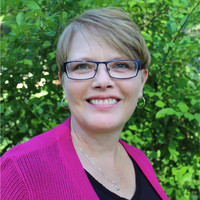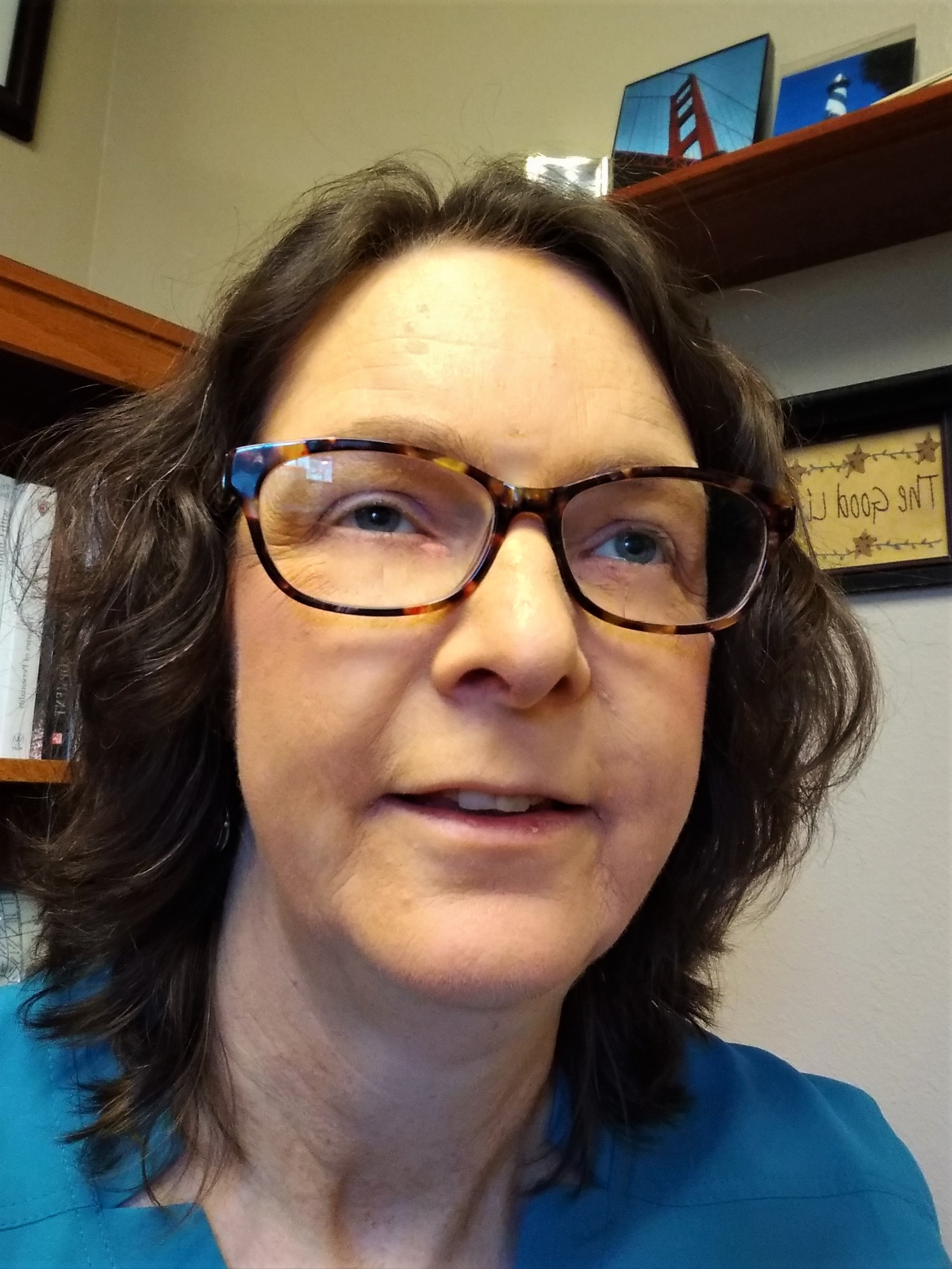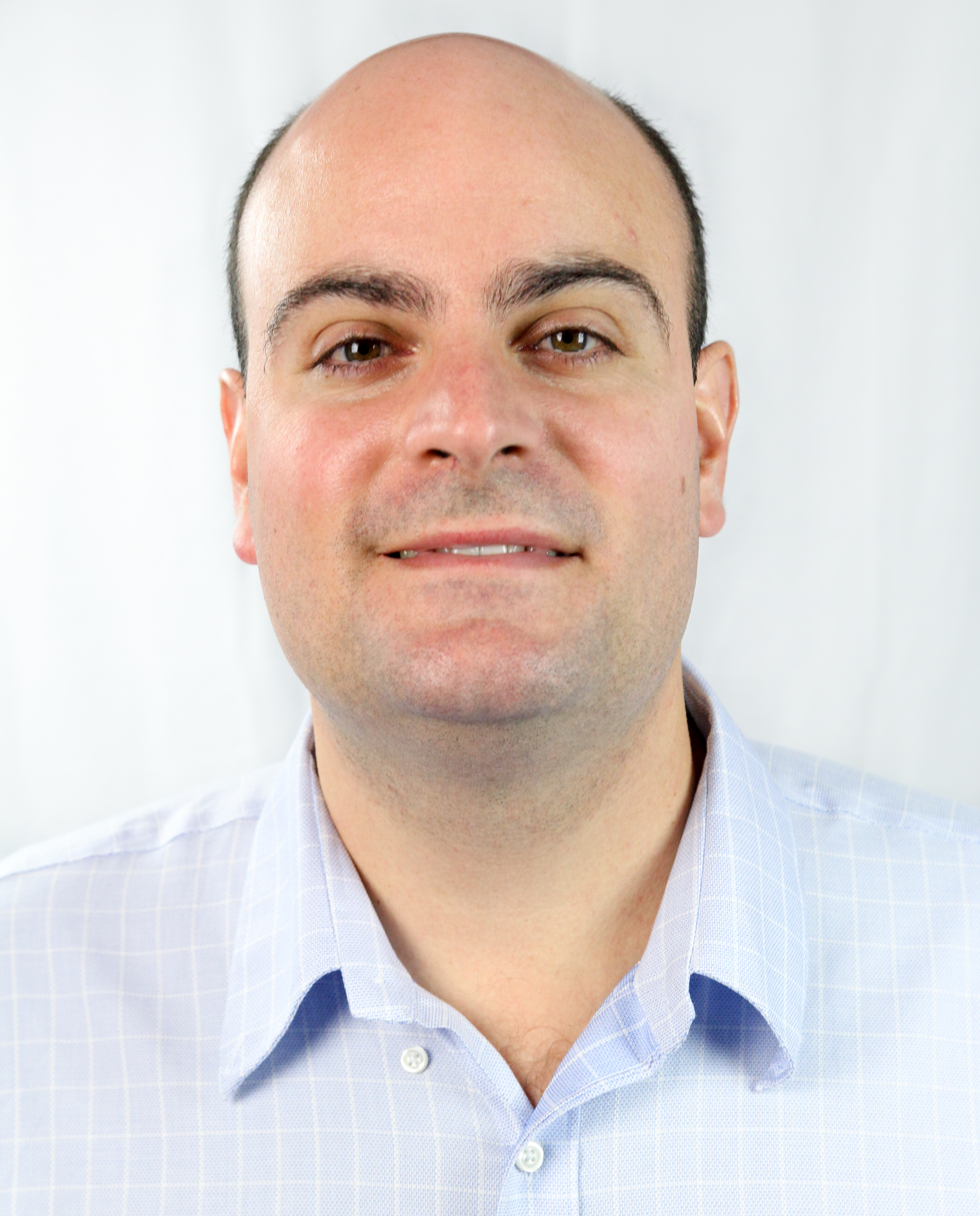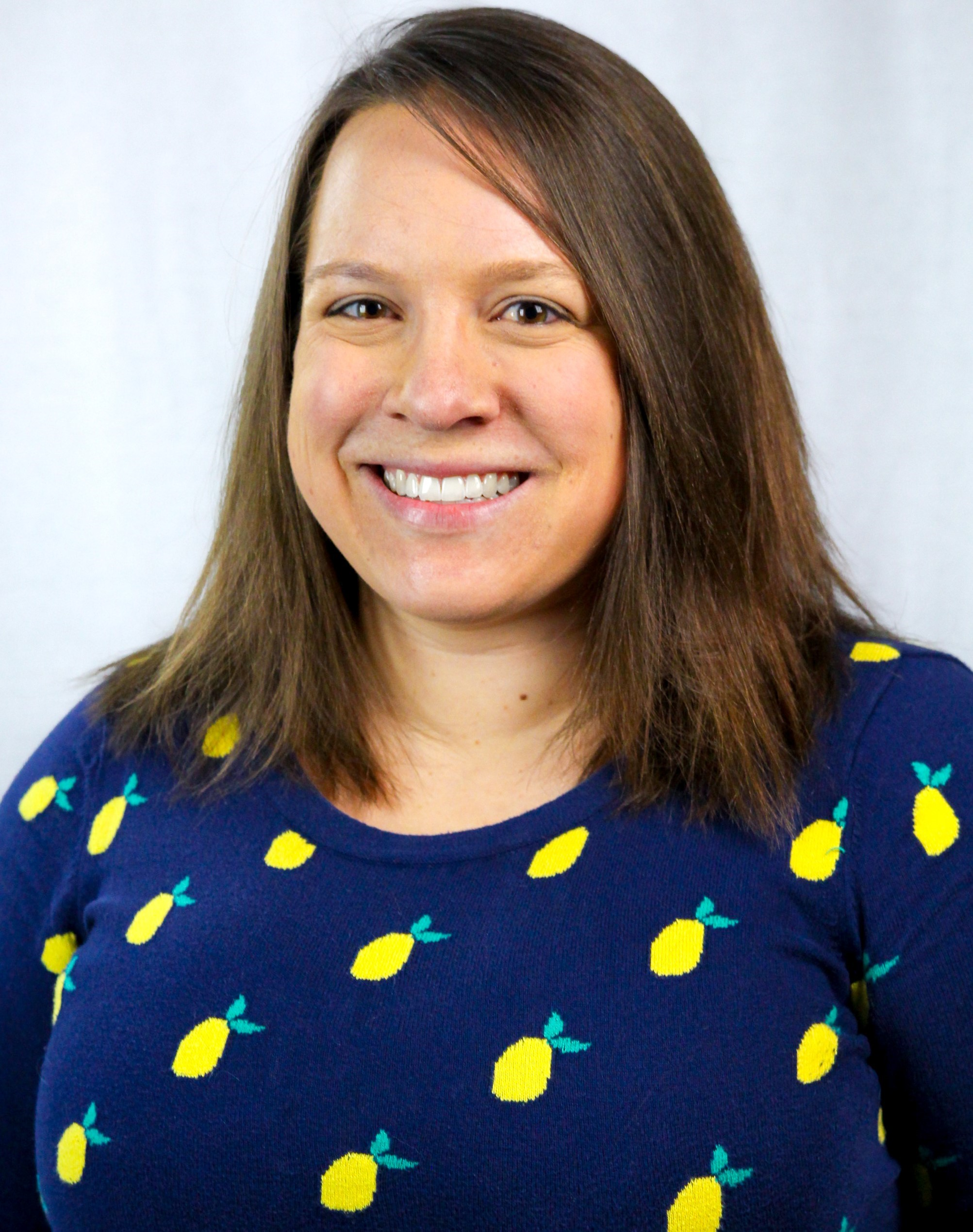Enochs, Will, MD
William Enochs, MD, graduated from Truman State University in 2001 with a Bachelor of Science in Business Administration. He then completed his prerequisite course work for Medical School from the University of Missouri Kansas City in 2011 and went on to complete his Doctorate of Medicine from UMKC in 2015. Dr. Enochs was a firefighter/EMT-B with the Claycomo Fire Department from 2008-2015. From 2015-2019 he was a Psychiatry Resident with the MO Department of Mental Health and UMKC. His research experience includes REM sleep and pain correlation, Corprophagia/Kluver-Bucey case report, transfer of care and efficacy of Buprenorphine for treatment of pain in individuals with chronic pain and opioid dependence. Dr. Enochs is currently the OD Psychiatrist at Northwest Missouri Psychiatric Rehabilitation Center, a Psychiatric Resident Physician at TMC/CBM, an education instructor with Youngblood Skills Lab, and is also an instructor for the KCPD Crisis Intervention Team (CIT).
Presentation(s):




